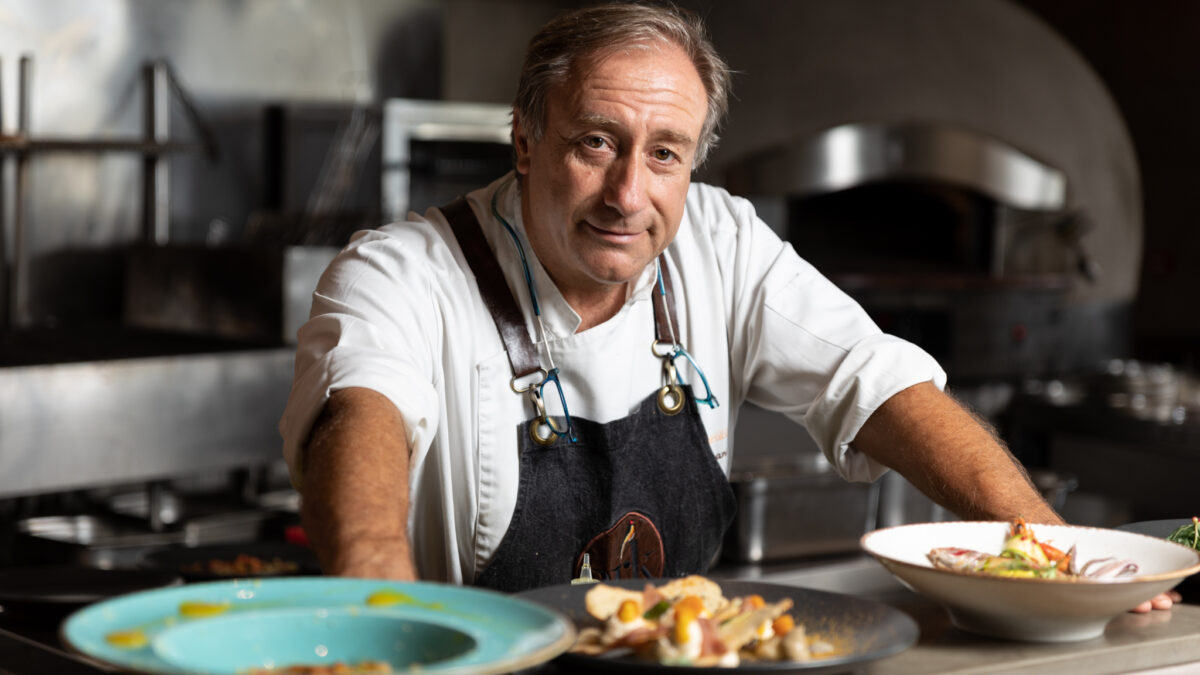Yiannis Baxevanis, Chef at Ark, consultant chef
Local cuisine is an integral part of the travel experience. The majority of tourists want to try the specialities of the countries they visit. That’s why we have a duty to offer them the very best that the Greek land has to offer.
Let’s leave behind fleeting trends and foreign influences. We have bold, unadulterated flavours that highlight the richness of our tradition. There is no need to import ingredients simply because they are considered ‘trendy’. Our true strength lies in the uniqueness of Greek cuisine, in our roots, in what sets us apart from any other culinary culture.
We must turn our attention to what the Greek land produces. There’s no point in importing dietary trends – our aim should be to export our own. The preservation of tradition is inextricably linked to rural life. Today, farmers face difficulties and are abandoning the land. And when local production disappears, soon we will either no longer find Greek products at all or only at very high prices and in inferior quality.
Imported goods, in addition to burdening the environment, lose their freshness and flavour as they travel. In contrast, Greek products – thanks to our country’s unique climate – are incomparable in quality and taste. For example, the seabed of Greek waters is rocky, which makes the fish delicious. The same goes for our livestock: Greek pork, lamb, goat and chicken are of the highest quality. It is important for cooks to support Greek producers, even if these products are a bit more expensive than imports. Because that money will come back to benefit the community.
Of course, there are chefs who are striving to highlight authentic local cuisine. The real challenge, though, is to keep our roots alive – because it is our roots that make us unique. Visitors should feel that they truly ate in Greece – that they leave with the flavours and aromas of our land imprinted in their memory.
Before we can talk about exports, we ourselves must first get to know our products, appreciate them and incorporate them into our daily lives. Tourism is thriving, and with it grows the demand for restaurants, chefs and staff – thus also the need to boost production.
Imagine what Greece would be like if all businesses used only local products. The local economy would be strengthened, small producers would flourish, and the authenticity of Greek cuisine would become our trademark. Cooperatives, women in villages, traditional bakeries can all play a decisive role in this effort.
You can’t be in a mountain village in Crete, for example, and not serve local cheeses from the area’s shepherds. We must persist, communicate this constantly, and inspire others. A cook’s role is not only to create – it is also educational. They are the ones who introduce local products to the world, who elevate them as central to the gastronomic experience.
The views expressed in this article are the author’s personal opinions and do not reflect the views or opinions of the Ministry of Rural Development and Food.










